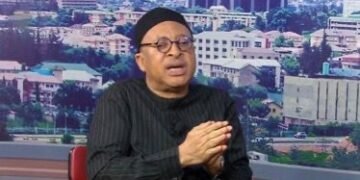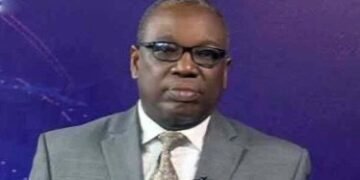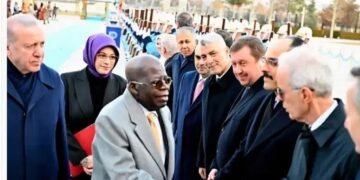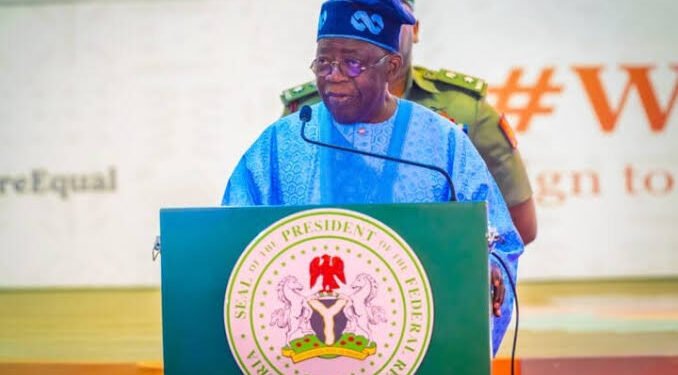President Bola Ahmed Tinubu assumed office on May 29, 2023, as Nigeria’s sixteenth leader, inheriting a nation fraught with challenges from his predecessor, Muhammadu Buhari. The minimal optimism that flickered with his inauguration quickly dissipated, giving way to unprecedented economic hardship and public dissatisfaction. His declaration, “Subsidy is gone,” marked the beginning of a tumultuous year characterized by hastily implemented policies and widespread suffering among Nigerians.
One of the most significant actions of Tinubu’s administration was the removal of the petrol subsidy, a move intended to stabilize the forex market by floating the naira against the dollar. However, this decision, made without adequate preparation or consultation with key stakeholders, led to a rapid escalation in the cost of living. Prices of food, transportation, and essential goods skyrocketed, plunging millions into deeper poverty. The administration’s failure to implement effective palliative measures exacerbated the crisis, with promises of relief, such as the deployment of Compressed Natural Gas buses and the revival of the Port Harcourt refinery, remaining unfulfilled.
The administration’s economic policies have further strained the country’s fiscal health. A series of burdensome taxes, coupled with aggressive borrowing from both international and domestic sources, have deepened Nigeria’s debt crisis. The Central Bank of Nigeria’s introduction of a controversial cybersecurity levy and the government’s repeated acquisition of foreign loans reflect a shortsighted approach to economic management. Despite Finance Minister Wale Edun’s acknowledgment that Nigeria cannot sustain its reliance on borrowing, the government has continued to amass debt, ignoring opportunities to address systemic revenue leakages and corruption.
In a surprising and controversial move, Tinubu’s administration passed a law reinstating Nigeria’s colonial-era national anthem. This decision, coming at a time when the nation was grappling with severe economic distress, epitomizes the government’s tendency to prioritize symbolic gestures over substantive action. The public outcry against this change underscores the broader discontent with an administration that appears disconnected from the pressing needs of its citizens.
Critics argue that Tinubu’s government has mastered the art of majoring in the minor, diverting attention from critical issues. While the President has arguably made strides in economic diplomacy, securing deals and investments abroad, these efforts have yet to translate into tangible benefits for the Nigerian people. The administration’s focus on grandiose projects, such as the Lagos-Calabar coastal highway, contrasts sharply with the neglect of existing infrastructure and the manufacturing sector, where hundreds of companies have closed due to unfavorable business conditions.
The administration’s mismanagement extends to public funds, with questionable expenditures like the N90 billion Hajj subsidy and lavish spending on government infrastructure and vehicles, while essential sectors like education remain underfunded. Tinubu’s failure to address the stagnant wages of Nigerian workers, despite soaring inflation, highlights a disconnect from the realities faced by ordinary citizens.
As Nigerians reflect on Tinubu’s first year in office, the question remains whether his leadership has lived up to the promises made during his campaign. The overwhelming evidence suggests a government struggling to manage the economy effectively, prioritizing short-term fixes and symbolic acts over long-term solutions and genuine reform. As President Tinubu enters his second year, the need for a dramatic shift in strategy and a focus on addressing the root causes of Nigeria’s economic woes has never been more urgent. Without such changes, the minimal hope that accompanied his ascent to power risks being permanently eclipsed by disappointment and disillusionment.














































